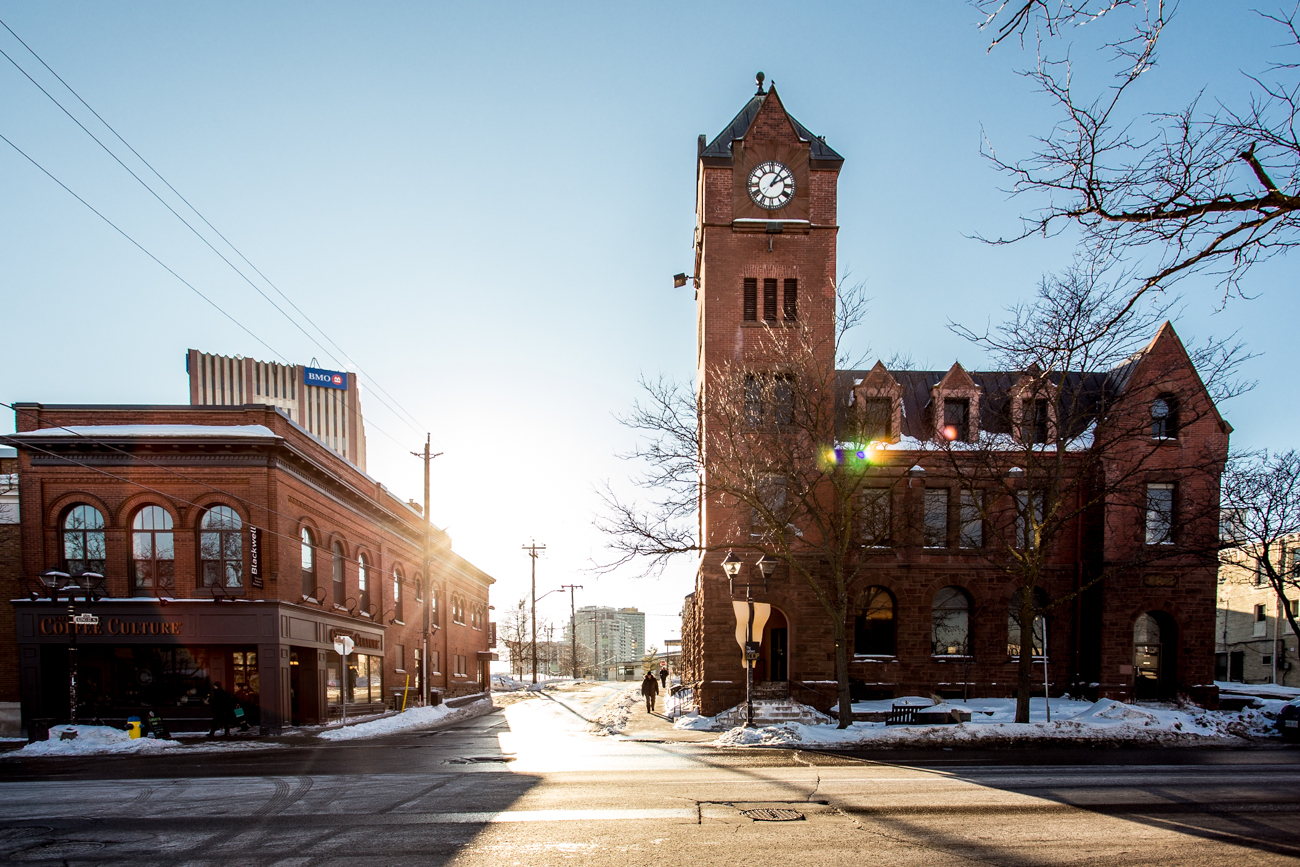Mark Groulx
CONTRIBUTOR
I have lived in Waterloo Region for over seven years now and have developed a strong connection to this community. In many ways, it has become a central part of who I am. Harold Proshansky, a pioneer in the field of environmental psychology, would say the region has become part of my place identity. Years of accumulated experience have shaped the way I understand the world around me, and now guides my preferences and expectations for the future. At the same time, I am very much a northern transplant. I proudly call Waterloo Region home, but I have deep roots in North Western Ontario. And as many a northern citizen will confirm, regardless of where you end up, the north never truly leaves you.
I make this declaration because I believe the push and pull of my place identity shapes how I think about my connection with nature, and how I maintain that connection even during the height of a Canadian winter. Why should we face the cold, windy grasp of winter? The last few weeks have been some of the coldest on record in our region. Surely our modern technological society has provided a more suitable, comfortable alternative to braving these harsh conditions. Can’t we simply outwit and outwait winter – sitting indoors basked in the warm glow of the screens that provide a safe and protected window onto our world? Of course we can. But I, for one, am skeptical of this long hibernation. Comfortable as it is, it comes at a cost.
Not long ago, the David Suzuki Foundation engaged Canadians in the 30×30 Nature Challenge. More than 10,000 participants took part by spending at least 30 minutes in nature each day for 30 days. Their rather modest effort proved to have less than a modest payoff. At the end of the challenge participants reported feeling less stressed, better rested, more energetic, and more productive at work. Indeed, the health and well-being benefits of contact with nature are a popular research and policy topic these days. These too familiar benefits are something we often seek in the bustle of our increasingly urban lives. But is our mindset – particularly at this time of the year – helping or hindering our ability to embark on our own, personal 30×30 challenge?
Perhaps I stand alone here, but I have found that my own perspective has slowly evolved into a barrier to my own well being. Winter never used to be a season to be tolerated. It always seemed to present something more, both a test of my resilience and a host of unique opportunities that were to be embraced. I relished the sharp sting of dry winter air and the crunch of snow beneath my heavy boots. Spring was welcomed, but also lamented.
Over the past few years, winter has lost much of that wonder. Rather than relishing the crunch of dry snow, I came to resent the slosh of the wet, salty brown slurry beyond my door. What I once embraced, I increasingly sought to escape. And for a time I did. I escaped the cold, the wind, the wet, and the discomfort that – at times – comes with winter. But, I have realized that in achieving this escape, I was also separating myself from the benefits that come with being in nature.
My reaction has been to return to my roots. Back to the sense of exploration and the knowledge and skills that I (unknowingly) accumulated over 25 years living in Northern Ontario. I have turned my losing battle back into a healthy working relationship with winter and have rediscovered the freedom and sense of well being that comes with taking on new challenges. Whether its fat-biking along the Niagara escarpment, ice-climbing in the Muskoka’s or winter yurting with family and friends in Pinery Provincial Park, I am back on the hunt for new and exciting ways to take in and embrace this most Canadian of seasons. And to be honest, I’m better for it.




Leave a Reply